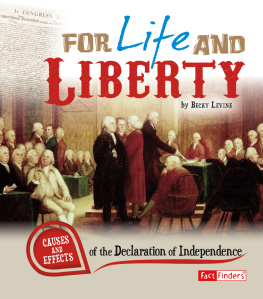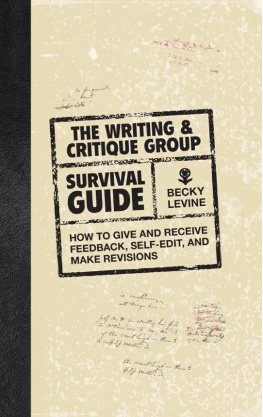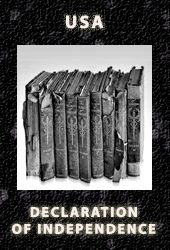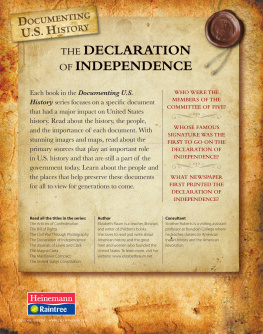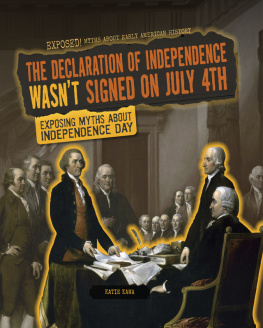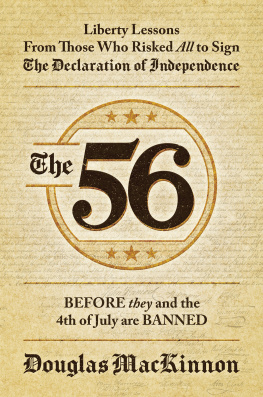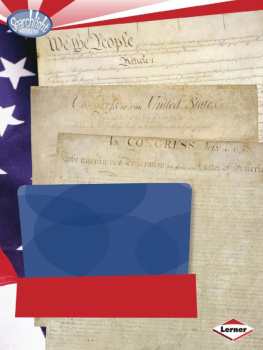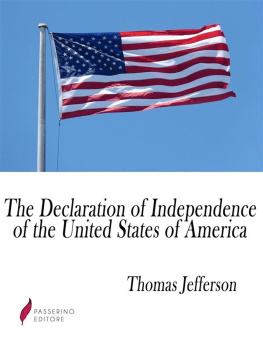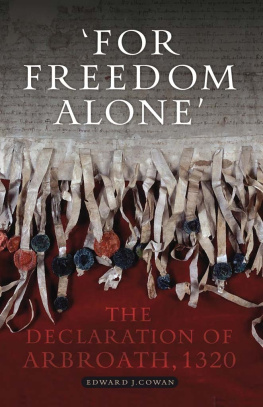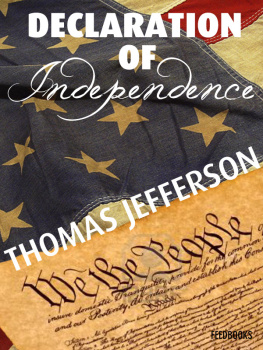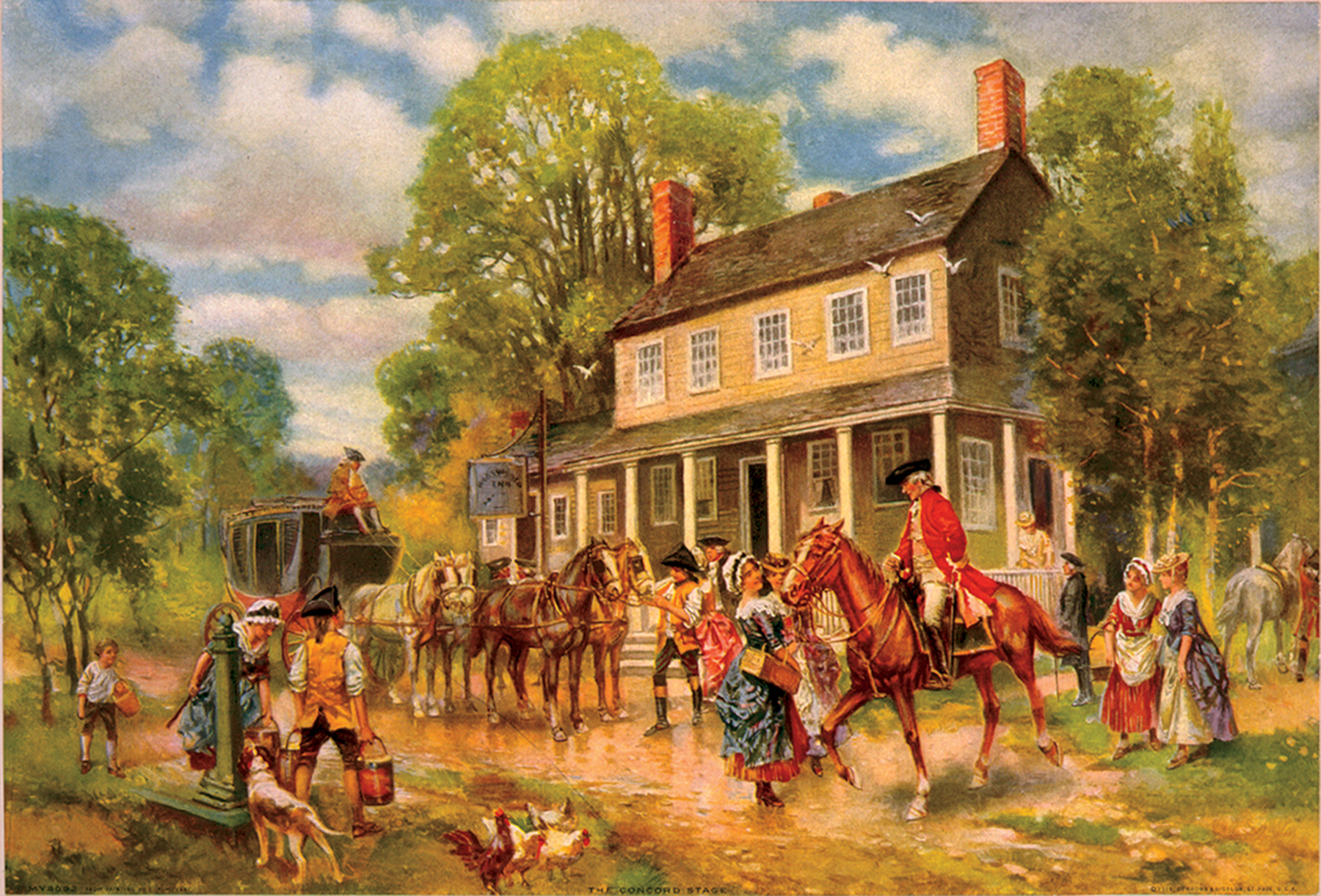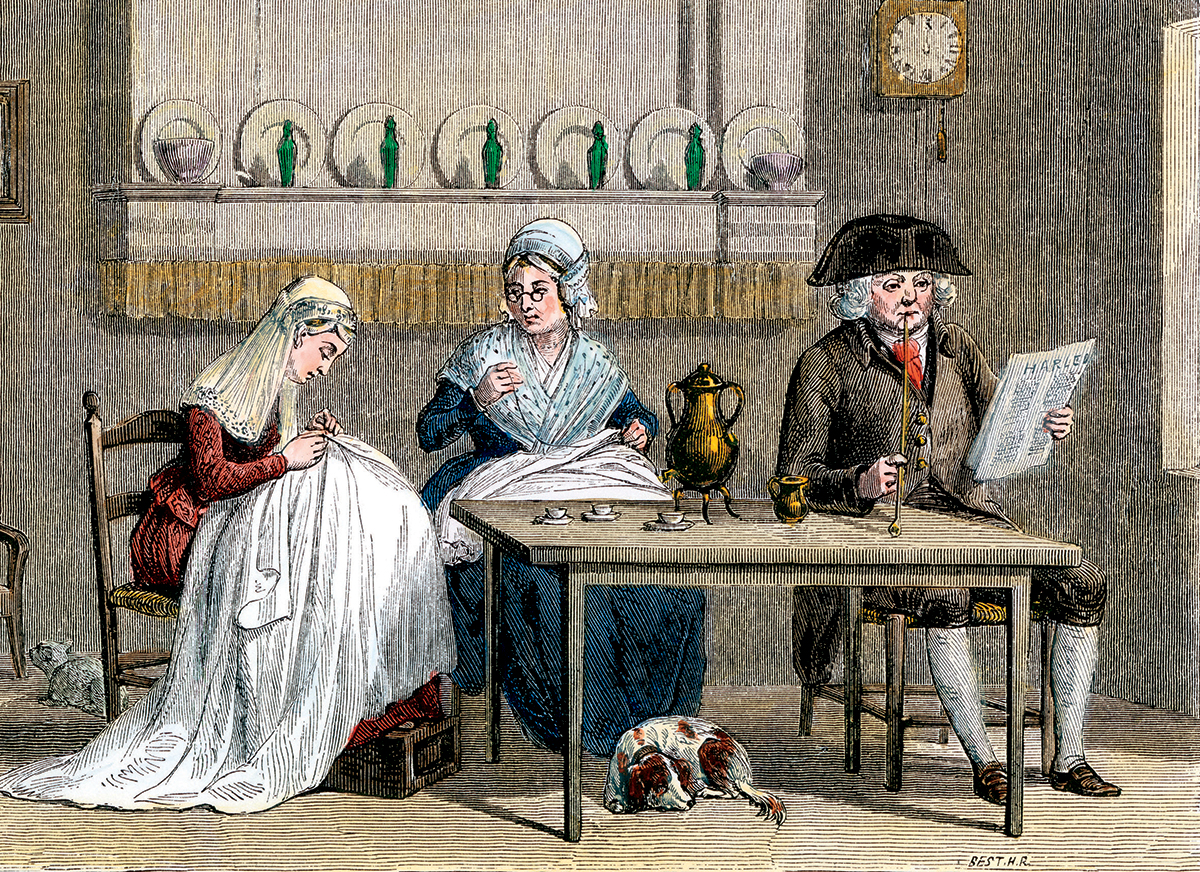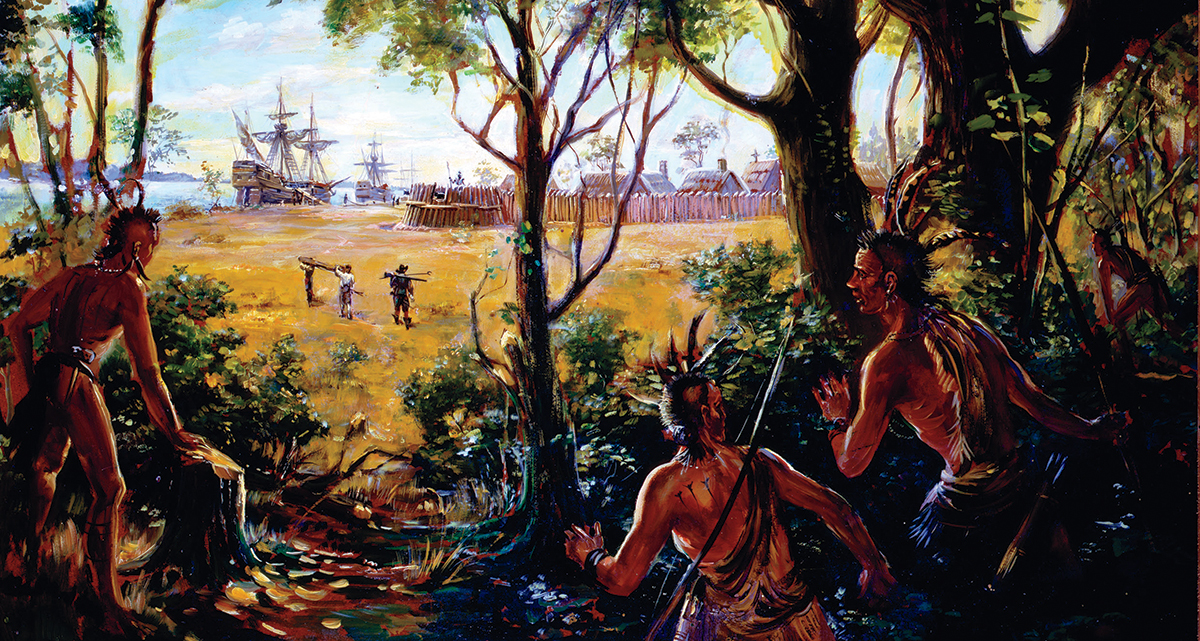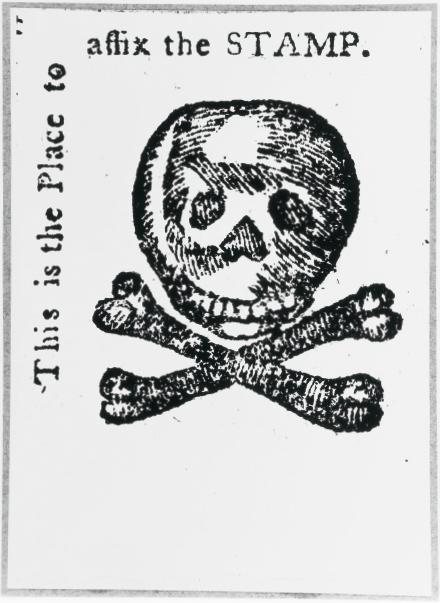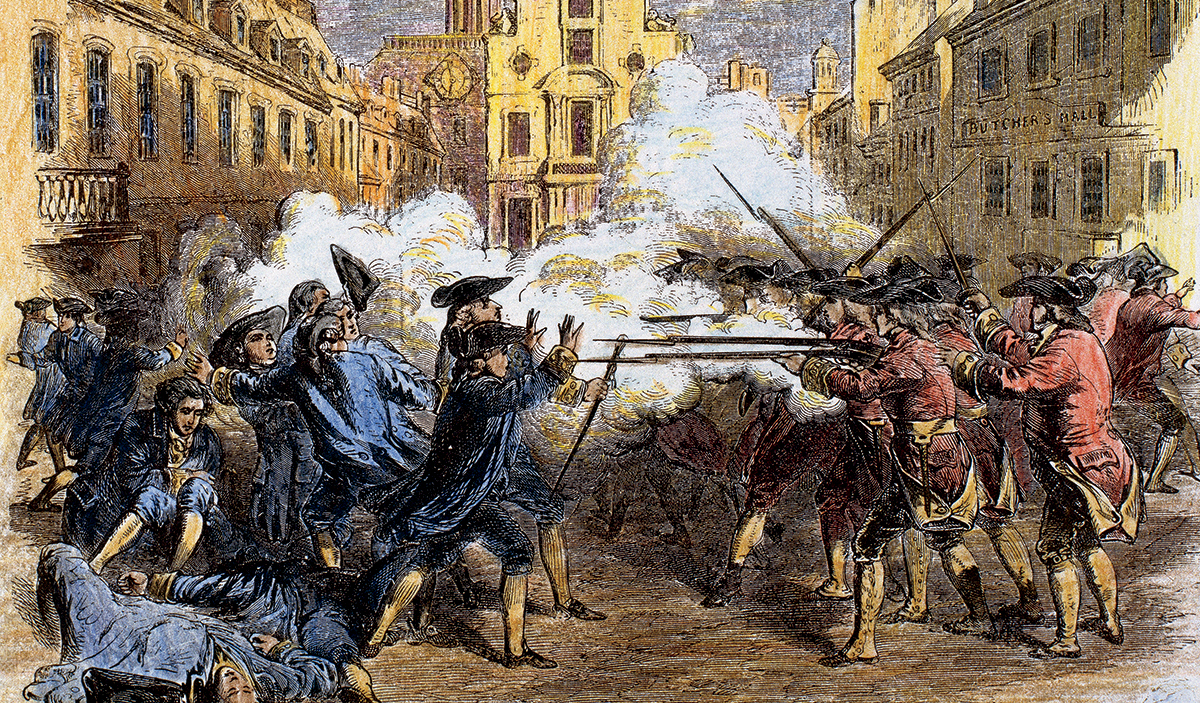GLOSSARY
(an-ti-SLAY-vur-ee MOOV-muhnt) work to end slavery throughout the world in the 18th and 19th centuries (BRANCH) one of three parts of U.S. government (KAH-luh-nee) a place that is settled by people from another country and is controlled by that country (KAH-luh-nist) a person who settles in a new territory that is governed by his or her home country (kon-stuh-TOO-shuhn ) the system of laws and powers of the government (DEL-uh-guht) someone who represents other people at a meeting (GUHV-urn-muhnt) the group of people who make laws, rules, and decisions for a country or state (LOI-uh-list) a colonist who was loyal to Great Britain during the Revolutionary War (PAY-tree-uht) a person who sided with the colonies during the Revolutionary War (SET-lur) a person who makes a home in a new place (suh-REN-dur) to give up or admit defeat (TAKS) money collected from a countrys citizens to help pay for running the government (TREE-tee) an official agreement between two or more groups or countries
READ MORE
- Cunningham, Kevin.The Massachusetts Colony. New York: Childrens Press, 2012.
- Leavitt, Amie Jane.The Declaration of Independence in Translation: What It Really Means. Mankato, Minn.: Capstone Press, 2009.
- Kerley, Barbara.Those Rebels, John and Tom. New York: Scholastic Press, 2012.
- Raum, Elizabeth.The Declaration of Independence. Chicago: Heinemann Library, 2013.
CRITICAL THINKING USING THE COMMON CORE
- Before writing the Declaration of Independence, delegates sent a letter to King George III. What if Great Britain had a leader who took into account the colonists concerns? What might have been different? (Integration of Knowledge and Ideas)
- Compare and contrast the illustrations on . What do you think the two different sets of soldiers were thinking and feeling? (Craft and Structure)
- How do you think life changed for the average American after the Declaration of Independence, both immediately and in the years following the Revolutionary War? Use evidence from the text to support your answers. (Key Idea and Details)
THE AMERICAN COLONIES
The United States has not always been an independent country. In the 17th and 18th centuries, Great Britain controlled many parts of what is now the United States. British people had moved to North America and formed .
Sometimes British rulers didnt pay much attention to the colonies. The colonies were far awayall the way across an ocean. had freedom to do what they wanted. They were happy living this way.
For many years colonists lived under British rule.
Over time things began to change between the colonies and Great Britain. Colonists wanted a say in laws they were being forced to follow. Eventually they wanted to form their own country. In a document called the Declaration of Independence, colonists would announce they no longer considered themselves a part of Great Britain. This document affected the development of the United States in many ways. There were many reasons the colonists wanted to break away from British rule.
Colonists from other countries, including this Dutch family, also wanted freedom from British rule.
Before British Rule
For thousands of years, American Indians were the only people living in North America. They spread all over the continent, creating their own communities and cultures. European settlers came into conflict with Indians, usually over land. Many Indians died of diseases brought by Europeans. But they kept fighting for their land and still live in North America today.
In the 900s Norse Vikings reached present-day Canada. But they didnt stay for long. After that it was hundreds of years before Christopher Columbus first landed in the Caribbean in 1492. Spanish began coming to America in the 1500s. Dutch, French, Welsh, Swedish, and others came too.
In the late 1500s and 1600s, people from Great Britain began sailing to America. Many of them left Great Britain because they wanted more freedom. Some wanted the freedom to practice their religion. Others wanted to own land and make money. Whatever the reason, they all became a part of new communities in the colonies.
Early colonists took land from American Indians to build new communities.
WHAT CAUSED THE COLONISTS TO WANT INDEPENDENCE?
As the population of the colonies grew and spread over more land, colonists wanted to make their own decisions. They argued with Great Britains leaders about the laws they passed.
Cause #1New Taxes
From 1756 to 1763 Great Britain fought a war against France on land in and around the colonies. Great Britain won the war, but it cost the country a lot of money.
People living in the colonies worked hard. They sold goods for money. Great Britain wanted some of that money to pay for the war. They wanted to .
Many newspapers protested the Stamp Act by printing a skull and crossbones where the stamp should appear.
Great Britain passed many tax laws that placed taxes on basic goods. The Stamp Act was particularly harsh. Under this law, colonists had to pay tax on all documents and printed materials, including newspapers. The other laws taxed things such as sugar, glass, paint, lead, and tea.
No Taxation Without Representation
People in the colonies wanted No taxation without representation. Colonists werent allowed to vote for Great Britains government. This meant they had no representation in Great Britain. They didnt get to say how Great Britain should use the colonists tax money. Colonists didnt want to pay taxes to Great Britain any longer. They wanted to decide how to spend their own money.
Cause #2The Boston Massacre
The British government sent soldiers to the colonies. The soldiers tried to force the colonists to follow Great Britains laws. On March 5, 1770, a group of about 60 angry colonists gathered in Boston. They threw snowballs and stones at British soldiers. The soldiers fired their guns into the unruly crowd. Five colonists were killed, and six were injured in the Boston Massacre. Many in Boston continued to resent the British soldiers for years afterward.
The Boston Massacre has also been called The Bloody Massacre in King Street.

